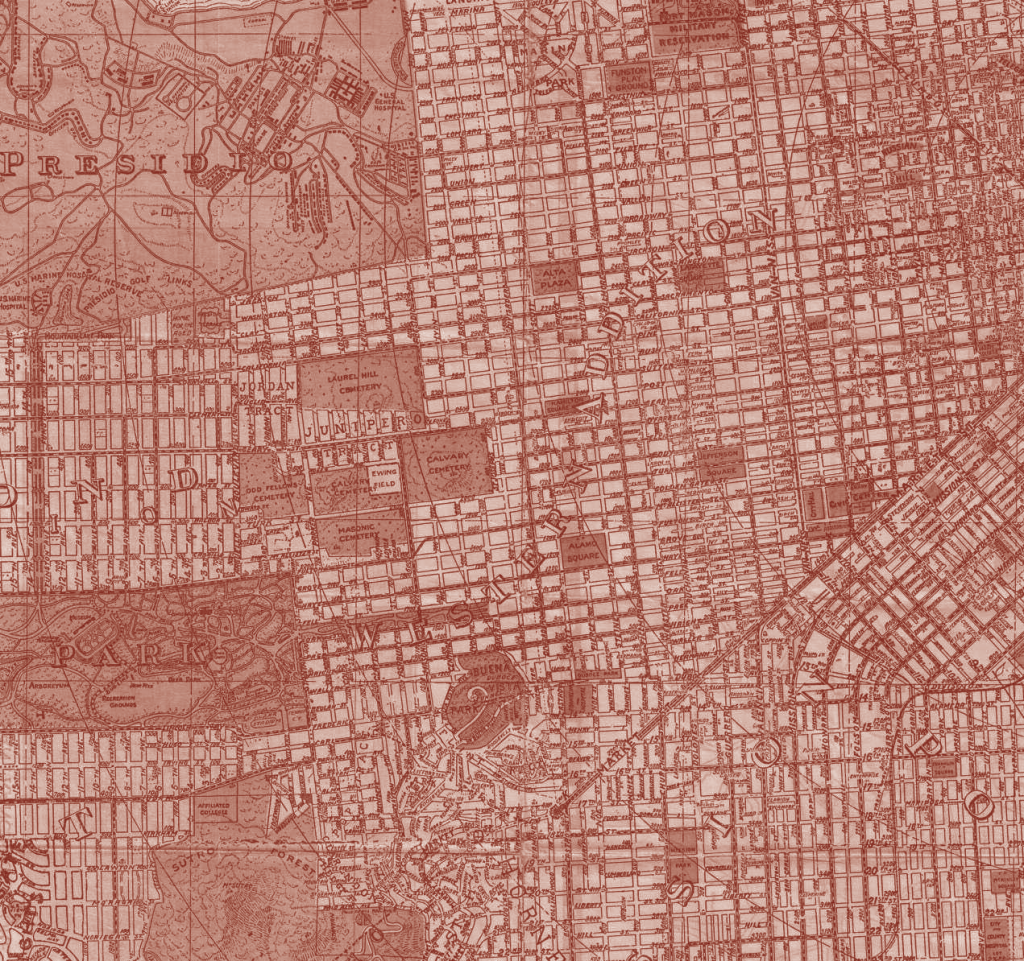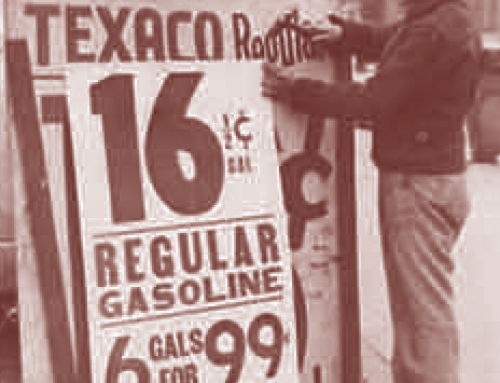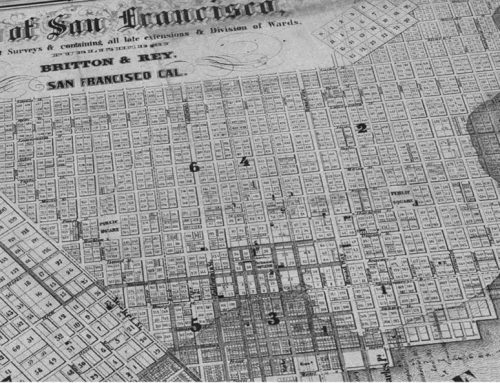“Writing—the hard part is making it look easy.” E.B.White
Academic research in transportation often requires years of work before the author eventually publishes the results. Developing a hypothesis, collecting data, and conducting rigorous statistical tests are usually necessary before a journal will accept an article for publication. Then what happens? A few fellow academics and their students might read the article and discuss it. But transportation planners and elected officials who can use the results to improve transportation policy will probably never see the article or even hear about the research.
ACCESS offer scholars an opportunity to reach a wider audience. After authors have published their research in a professional journal, they can prepare a shorter version for ACCESS, which has the luxury of stressing readability because the journal has already stressed rigor.
ACCESS offer scholars an opportunity to reach a wider audience. After authors have published their research in a professional journal, they can prepare a shorter version for ACCESS, which has the luxury of stressing readability because the journal has already stressed rigor. Readers who want greater depth or more detail can refer to the original article. ACCESS can thus present academic research in lucid and even lively prose.
ACCESS has attracted more than 8,500 subscribers and more than 1,000 website visitors a month from over 60 countries. Because ACCESS articles are written and illustrated so well, we also receive many reprint requests, which allow authors to reach an even broader audience. We have given free reprint permissions to publications ranging from Arkansas Truckingto Urban Transport of China. University instructors also often request permission to reprint ACCESS articles in course readers, so the research helps to guide students on the road to becoming transportation practitioners.
Journalists appreciate ACCESS articles because reporting on them is easier than reporting on longer and more technical publications. Our authors often receive requests from journalists for radio and TV interviews about research that might otherwise have gone unnoticed. Policymakers and others who can make change happen are unlikely to read an academic journal, but they may well read popular journalism based on an ACCESS article.
ACCESS is dedicated to the vital last step in transportation research: making information accessible.
ACCESS is dedicated to the vital last step in transportation research: making information accessible. By connecting scholars with transportation planners and elected officials, ACCESS can catapult academic research into public debate and convert knowledge into action.
Donald Shoup
Editor of ACCESS






